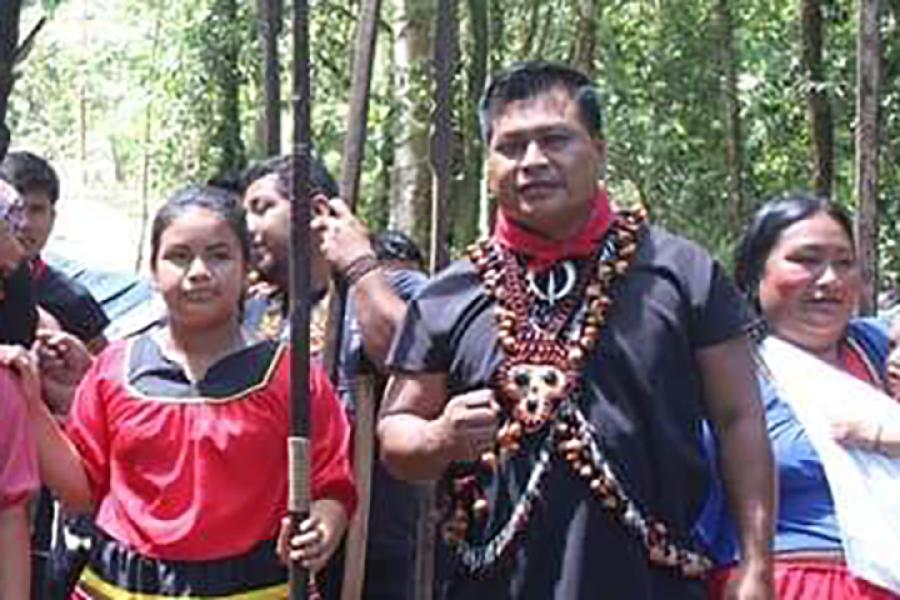At a special assembly in late February, the Confederation of Indigenous Nationalities of Ecuador (CONAIE), the country’s largest and most powerful Indigenous organization, decided to launch a "progressive escalation" of anti-government protests, and called others to join them in opposing President Rafael Correa’s "neoliberal and colonialist" policies. CONAIE sees the president of betraying the principles of the alliance that helped him come to power.
Indigenous people account for nearly 40 percent of Ecuador’s population and CONAIE has been one of Correa's main allies in the 2006 elections, the 2007 constituent assembly and the latest presidential race in 2009. But a falling-out between them was already evident last year, especially over the issues of mining, oil extraction and water management. Hoping to attract foreign investment to exploit the country's copper and gold deposits, the government pushed through a mining law last year creating the state mining company and paving the way for huge mining concessions. Indigenous peoples believed they had Correa's word that large mining projects would not be allowed.
The president said the decision was separatist and used harsh terms to describe the Indigenous leadership.
The 2008 constitution ordered the legislature to enact a new law on water use and permits, to ensure formal regulation and equitable distribution. However, not much has been done on this front and local communities are constantly battling the government body set up to administer water concessions for irrigation over access.
Oil has also been a source of conflict for years and Indigenous communities are angry at the government for allowing oil drilling to continue and granting mining concessions to foreign companies. Tensions are escalating. In September 2009, a Shuar high school teacher was shot to death during a police crackdown on a demonstration in the Amazon against oil and mining policies.
Read more:


